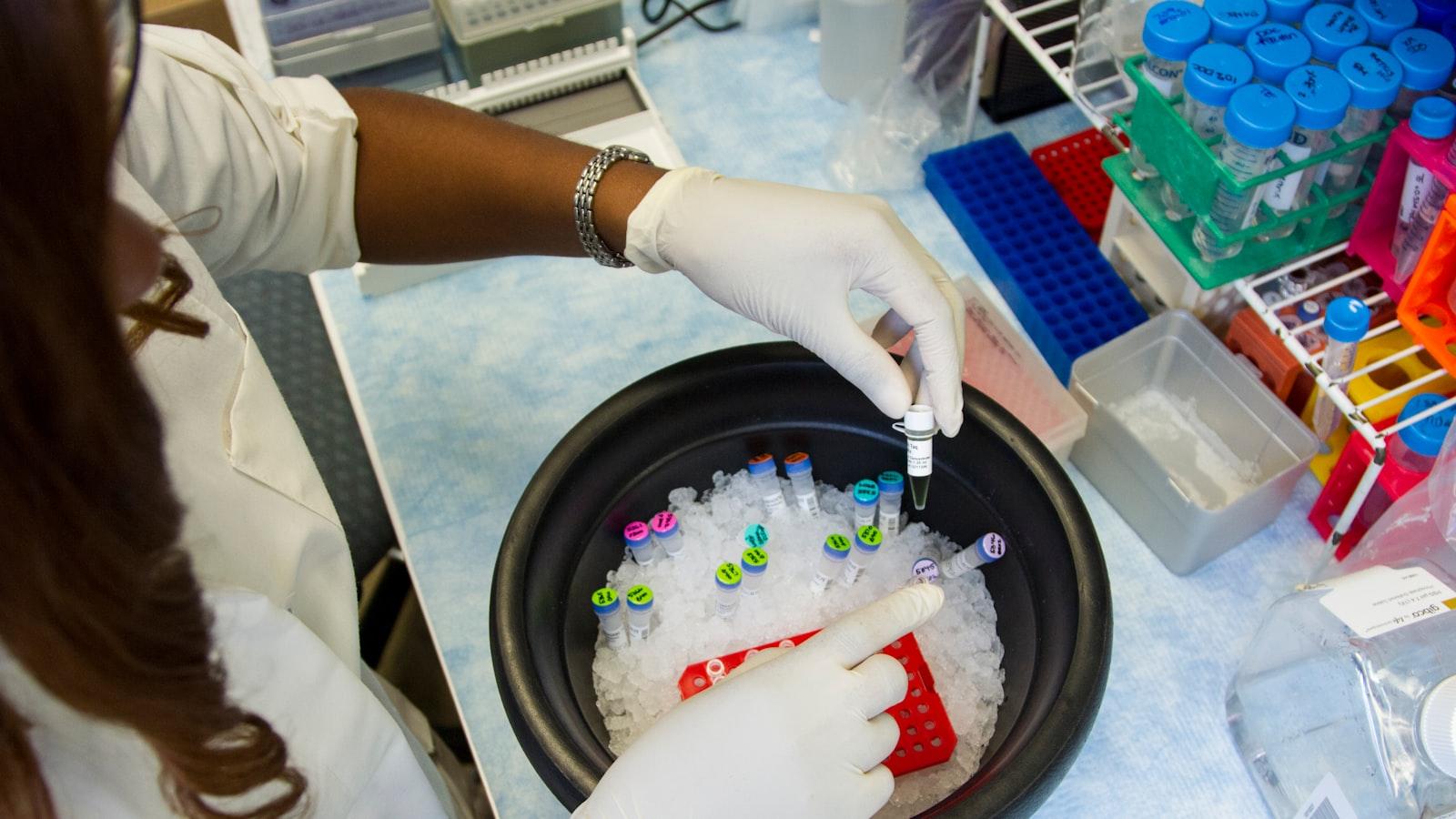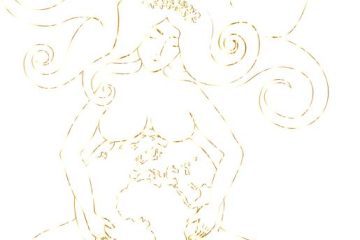Nestled within the realm of ecological philosophy lies a theory as profound as it is captivating: the Gaia hypothesis. And at the heart of this revolutionary idea stands James Lovelock, the visionary scientist who dared to view our planet as a living, breathing organism. Join us on a journey into the depths of this intriguing concept, where the intricate interplay between Earth’s systems and life forms unveils a new perspective on our place in the universe.
Table of Contents
- Unveiling the Intriguing Concept of Gaia Hypothesis by James Lovelock
- Exploring the Scientific Significance Behind Gaia Hypothesis
- Practical Applications and Implications of James Lovelock’s Gaia Hypothesis
- Embracing Sustainability Through the Lens of the Gaia Hypothesis
- Q&A
- The Conclusion
Unveiling the Intriguing Concept of Gaia Hypothesis by James Lovelock
James Lovelock’s Gaia Hypothesis presents a captivating perspective on the interconnectedness of Earth’s ecosystems and the idea of our planet as a living organism. This revolutionary concept challenges traditional views of Earth as simply a collection of separate physical and biological entities, proposing instead that the planet operates as a self-regulating system.
<p>Through Lovelock's Gaia Hypothesis, we are encouraged to view Earth as a complex and dynamic entity with mechanisms in place to maintain conditions suitable for life. By exploring the intricate web of interactions between organisms and their environment, we gain a deeper understanding of the delicate balance that sustains life on this unique planet.</p>
Exploring the Scientific Significance Behind Gaia Hypothesis
In the realm of ecological science, the Gaia Hypothesis proposed by James Lovelock stands as a captivating theory that delves into the interconnectedness of life on Earth and its environment. Each element of this hypothesis intricately weaves a narrative of Earth as a self-regulating organism, fostering a delicate balance between living organisms and their surrounding ecosystems.
Through the lens of the Gaia Hypothesis, the planet transforms into a dynamic entity where life and the environment interact symbiotically, shaping the very essence of our existence. This profound perspective challenges traditional scientific thinking, sparking contemplation on the intricate web of life and its impact on global ecosystems.

Practical Applications and Implications of James Lovelock’s Gaia Hypothesis
The Gaia Hypothesis proposed by James Lovelock presents a fascinating perspective on the interconnectedness of Earth’s systems and life forms. This holistic approach suggests that the planet operates like a self-regulating organism, where living organisms and their inorganic surroundings synergistically maintain conditions suitable for life.
One practical application of the Gaia Hypothesis is in environmental conservation efforts. By understanding Earth as a complex, interconnected system, conservationists can develop strategies that not only protect individual species but also consider the broader impact on ecosystems and the planet as a whole. This shift towards a more holistic conservation approach can lead to more sustainable practices that benefit both present and future generations.

Embracing Sustainability Through the Lens of the Gaia Hypothesis
Exploring the profound interconnectedness of our planet unveils the essence of the Gaia Hypothesis in all its splendor. Through the visionary eyes of James Lovelock, we come to grasp the intricate web of relationships that bind Earth and its inhabitants in a harmonious dance of life. This holistic perspective challenges us to see nature not as separate entities but as a unified, self-regulating system that sustains life.
beckons us to honor and respect the delicate balance that exists within our biosphere. By acknowledging the interdependence of all living beings and ecosystems, we are inspired to tread lightly on this precious planet. Let us heed the wisdom of Gaia and nurture a relationship with nature that fosters regeneration, harmony, and reverence for the beauty that surrounds us.
Q&A
Q: What is the Gaia Hypothesis proposed by James Lovelock?
A: The Gaia Hypothesis, put forth by the brilliant scientist James Lovelock, suggests that the Earth functions as a self-regulating system to maintain conditions suitable for life.
Q: How does the Gaia Hypothesis relate to the interconnectedness of all living organisms on Earth?
A: The Gaia Hypothesis emphasizes the intricate web of connections between living organisms and the environment, highlighting how each component influences and interacts with the others to sustain life on our planet.
Q: What are some key criticisms of the Gaia Hypothesis?
A: Critics of the Gaia Hypothesis challenge the idea of Earth as a living organism, arguing that it anthropomorphizes the planet and oversimplifies complex ecological processes.
Q: How has the Gaia Hypothesis influenced our understanding of ecology and environmental science?
A: The Gaia Hypothesis has sparked discussions about the interconnectedness of ecosystems and the need to adopt a holistic approach to environmental conservation and sustainability, shaping how we perceive our relationship with the Earth.
Q: What are some practical applications of the Gaia Hypothesis in modern environmental practices?
A: The principles of the Gaia Hypothesis have inspired initiatives such as biomimicry, where technology mimics nature’s solutions, and the promotion of sustainable practices that mimic the Earth’s natural processes to preserve biodiversity and ecosystem health.
The Conclusion
As we delve into the intriguing world of the Gaia Hypothesis by James Lovelock, we are reminded of the intricate interconnectedness of our planet and the delicate balance that sustains life as we know it. With Lovelock’s visionary concept, we are prompted to contemplate our role as stewards of Gaia, the living, breathing entity that encompasses us all.
Let us continue to explore, question, and ponder the mysteries of Gaia, nurturing our curiosity and deepening our connection to the Earth. As we strive to understand and respect the intricate web of life around us, may we find harmony in our coexistence with this remarkable planet we call home.
Join us on this journey of discovery, where science, philosophy, and imagination converge to illuminate the beauty and complexity of Gaia, inviting us to cherish and protect the wondrous tapestry of life that surrounds us. Embrace the Gaia Hypothesis, for in it lies a profound appreciation for the interconnectedness of all things and the awe-inspiring majesty of our planet Earth.



0 Comments